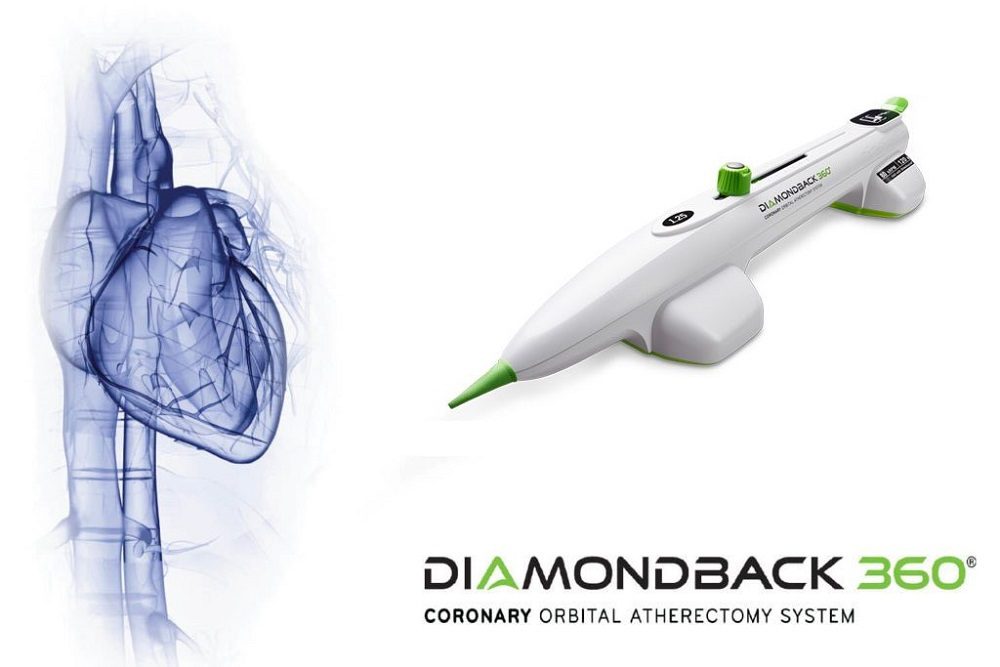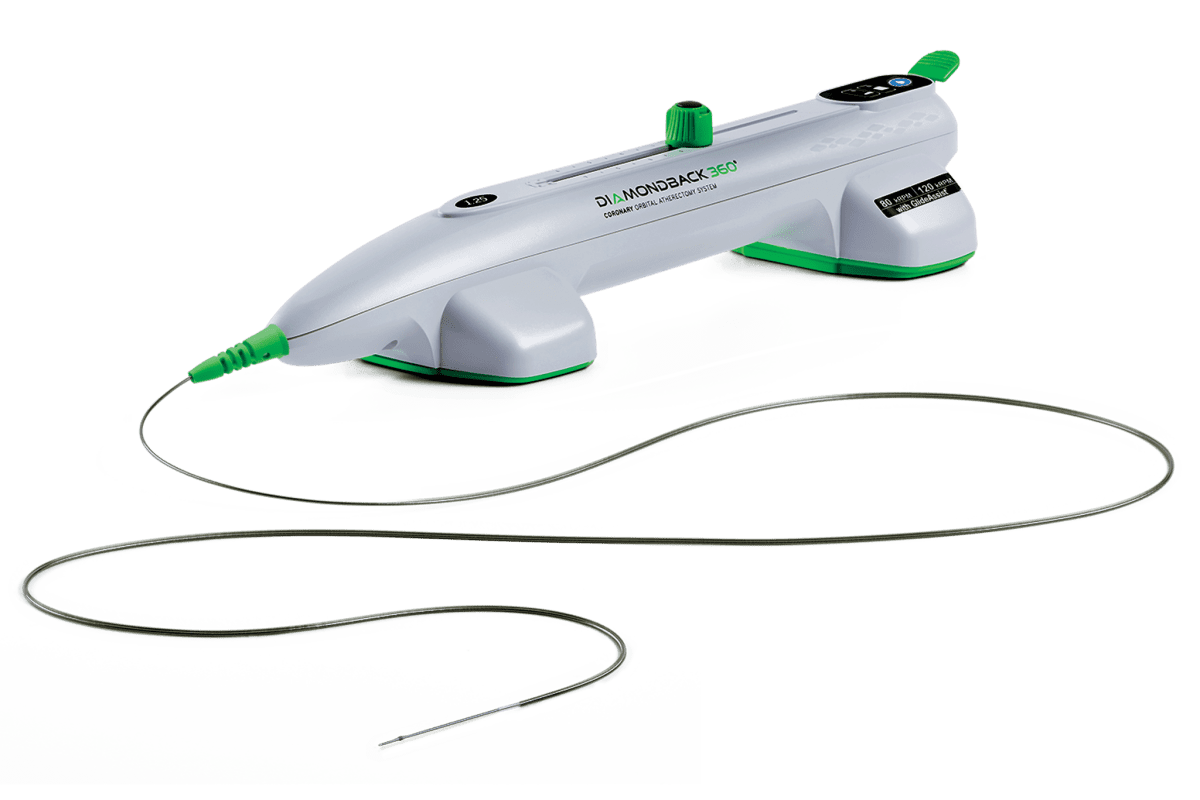Cardiovascular Systems, Inc. (CSI®) (NASDAQ: CSII), a medical device company developing and commercializing innovative interventional treatment systems for patients with peripheral and coronary artery disease, announced today that the first patients in Canada have been treated with its Diamondback 360®Coronary Orbital Atherectomy System (OAS).
The first patients in Canada were treated by Sanjog Kalra, MD, Interventional Cardiologist and Cardiac Critical Care Physician at the Peter Munk Cardiac Centre, Toronto General Hospital, part of the University Health Network.
Dr. Kalra said, “Patients with calcific coronary artery disease can have poor clinical outcomes unless optimally treated. Revascularization for these patients requires interventionalists to fully prepare vessels for stenting so that full stent expansion is achieved. We know that perfect stent results lead to the best outcomes.
“Achieving optimal vessel preparation in heavily calcified coronary arteries is amongst my most challenging procedures. CSI’s orbital atherectomy technology enables effective calcium modification to facilitate full stent expansion. In addition, OAS is optimized for efficiency as it allows bi-directional atherectomy in multiple vessel sizes with one device.”
Diamondback combines sanding and pulsatile force to treat a broad range of calcium morphology and lesion types. Orbital atherectomy has demonstrated clinical advantages compared to alternative treatments, including low- rates of procedural complications and target lesion revascularization through 3-years. CSI’s ORBIT II and COAST clinical studies demonstrated that OAS is safe and effective in treating patients with de novo severely calcified coronary lesions. Two real-world studies with approximately 1000 patients have reinforced Diamondback’s safety and high procedural success.
Scott Ward, Chairman, President and Chief Executive Officer of CSI, said, “We are excited to announce the first commercial use of the Diamondback 360® Coronary OAS in Canada. The introduction of this device gives physicians in Canada an effective treatment option for this difficult-to-treat patient population.”


